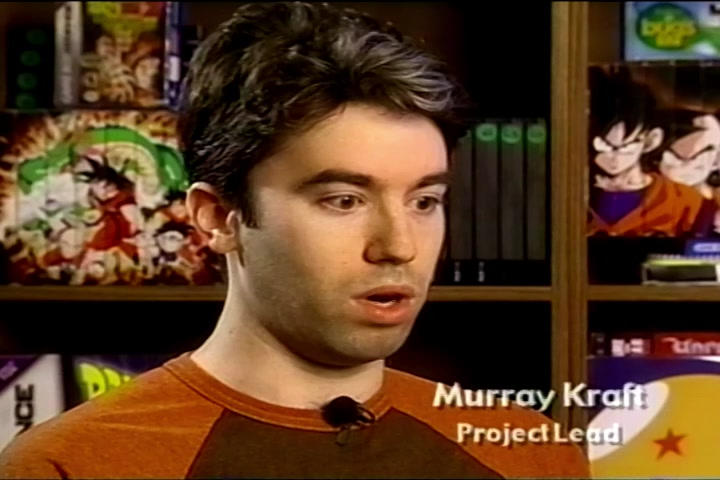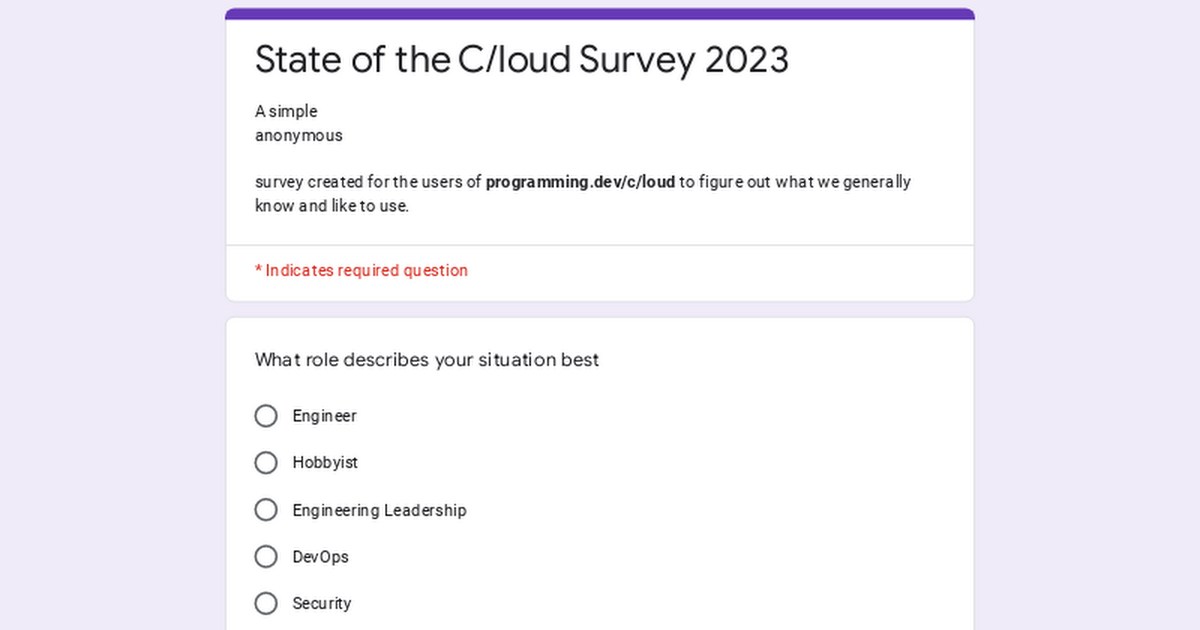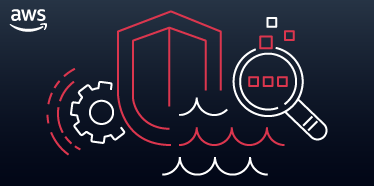Azure | .NET | Godot | nibble.blog
- 10 Posts
- 5 Comments

 ·1 year ago
·1 year agoNo one can make moral or ethical judgments for you. I recognize the hesitance towards defense, surveillance, attention-commerce, and tech consultancy. However, there can be positive moral and ethical perspectives even on those examples. The reverse is also true for industries that, on the surface, seem much more ethically marketable. I personally consider any automation that removes human work from the economy to be a positive contribution to humanity. You can make the perspective that robbing labor opportunities from real humans is a moral failure. My point is that moral choices are usually based on a combination of personal values and a certain understanding of the problem space.
I can't make ethical suggestions for you, but here are some options that might appeal to you:
- Paperwork Automation for professionals (Lawyers, Notaries, Hospitals, Governments)
- Bioinformatics for medical and environmental applications
- Computer vision for medical tools (Detecting anomalies in scans)
- Agrotech (seed, grow and harvest food more efficiently for a better environment)
- Prosthesis Robotics (Help people in need of mobility)
- Accessibility Engineering (Help people with disabilities access websites, programs and games)
- Environmental modeling for sustainable planning
- Supply chain optimization (software to get goods from A to B with the least impact)
- Video Games!
A career is not only the industry or sector you service. It's also about the relationships and colleagues you deal with. The work ethic and labor standards you have to deal with. The opportunities you get to build a reputation. The physical location of the opportunities. These are all things to consider when starting out on a career.
Edit: The best way to feel good about work is to set reasonable expectations for yourself to others and meet them consistently. Understanding human problems and solving them. That's what telling computers what to do is all about.

 ·1 year ago
·1 year agoTheres like a whole class of "Stuff you have to relearn every time you have to use it": XPath, JMESPath, cron, ffmpeg, ImageMagick, PostScript etc.. REGEX might be king of those :p

 ·1 year ago
·1 year agoAlso works for cron jobs, shell scripts, SQL queries, HTML layouts and the odd mermaid diagram

 ·1 year ago
·1 year agoArticle is a bit dated and hard to read. The gist of the author is relatable though 15 years later: redundancies have been hella annoying, especially if they are unknown. Bad abstractions, however, create dilemmas, dead-locks and chicken-and-egg situations. And it's impossible to create good abstractions unless you have no colleagues and no customers.
I would take some frustration over grinding to a halt any time.










Want and grit. At some point you'll have to grit it out. You have to make it clear to your brain that you want it. Make it personal. Want it not the way you want to have a cookie after dinner, want it the way you want to breathe. Don't even want the project, but want to prove to your brain that you are a rare capable human, able to start and finish a creative endeavour independently.
Make work time scarce and urgent. Having a child has done wonders for my creative output. I used to splurge 6 hour sessions kinda working on something..now I get maybe 40 minutes a day. An hour if I'm creative about it. But heck, does that hour get applied like nobody's business.
Hope this helps, best of luck!